So I have a docker file which does this:
ENV ENV ${ENV}
ENV SERVICE_NAME ${SERVICE_NAME}
USER app
ENV HOME=/home/app
COPY target /home/app/target
COPY entrypoint.sh /home/app
WORKDIR /home/app
ENTRYPOINT /usr/bin/chamber exec ${ENV}_${SERVICE_NAME} -r 1 -- ./entrypoint.sh
CMD java -jar -Dspring.profiles.active=docker target/my.jar
So the ENTRYPOINT runs and pulls down some secrets from AWS Parameter store and populates them in the entrypoint.sh shell as environment variables. The entrypoint.sh then performs some actions with them, creates some files etc and in its last line does "exec $@".
I was then expecting the CMD to run but all it can see is the systemd service file running "ExecStop=/usr/bin/docker stop app".
The systemd service file does this to start the container:
ExecStart=/usr/bin/docker run --name app --memory-reservation=128m --memory=512m -e ENV=dev -e SERVICE_NAME=app 1234567890.dkr.ecr.eu-west-2.amazonaws.com/app:latest
What happened to CMD?
